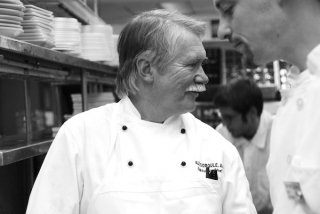
Turning to the Culinary Education Crystal Ball
Wednesday, 01 February 2017 17:40Look into the future of culinary education and dare to “think different.”

Look into the future of culinary education and dare to “think different.”
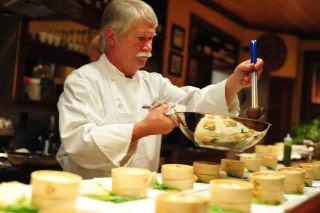
Core curriculum concepts such as forcing teamwork, building a sense of urgency and making students sweat should be included in every educational program because they are required in the food business.
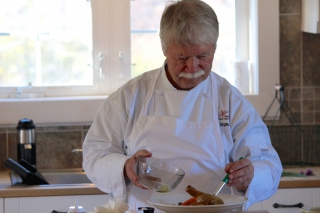
Keep your program relevant by making program assessments and begin the third quarter on a path to success.
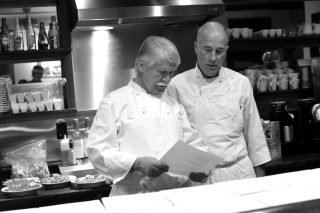
Recreating an institution’s culinary education means focusing on improving people's lives not just offering degrees.
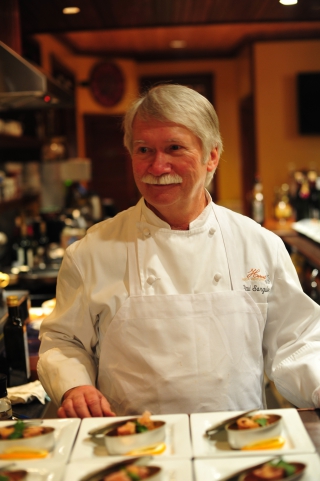
Apprentices were extensively employed for generations through the Guild System. Should administrators come back around to the old structure?